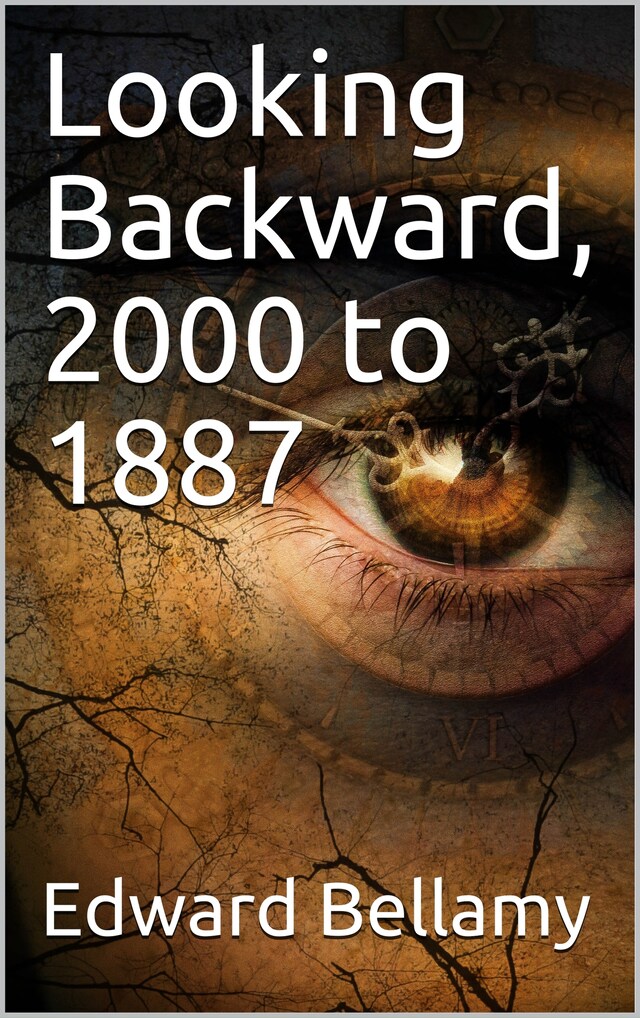
Looking Backward, 2000 to 1887
Om bogen
Looking Backward: 2000–1887 is a utopian science fiction novel by Edward Bellamy, a journalist and writer from Chicopee Falls, Massachusetts; it was first published in 1888.
Bellamy's novel tells the story of a hero figure named Julian West, a young American, who towards the end of the 19th century, falls into a deep, hypnosis-induced sleep and wakes up 113 years later. He finds himself in the same location (Boston, Massachusetts), but in a totally changed world: It is the year 2000, and while he was sleeping, the United States has been transformed into a socialist utopia. The remainder of the book outlines Bellamy's thoughts about improving the future. The major themes include problems associated with capitalism, a proposed socialist solution of a nationalization of all industry, and the use of an "industrial army" to organize production and distribution, as well as how to ensure free cultural production under such conditions.
The young man readily finds a guide, Doctor Leete, who shows him around and explains all the advances of this new age, including drastically reduced working hours for people performing menial jobs and almost instantaneous, Internet-like delivery of goods. Everyone retires with full benefits at age 45, and may eat in any of the public kitchens. The productive capacity of the United States is nationally owned, and the goods of society are equally distributed to its citizens. A considerable portion of the book is dialogue between Leete and West wherein West expresses his confusion about how the future society works and Leete explains the answers using various methods, such as metaphors or direct comparisons with 19th-century society.
The object of this volume is to assist persons who, while desiring to gain a more definite idea of the social contrasts between the nineteenth and twentieth centuries, are daunted by the formal aspect of the histories which treat the subject. Warned by a teacher's experience that learning is accounted a weariness to the flesh, the author has sought to alleviate the instructive quality of the book by casting it in the form of a romantic narrative, which he would be glad to fancy not wholly devoid of interest on its own account.
 Edward Bellamy
Edward Bellamy 245 Sider
245 Sider